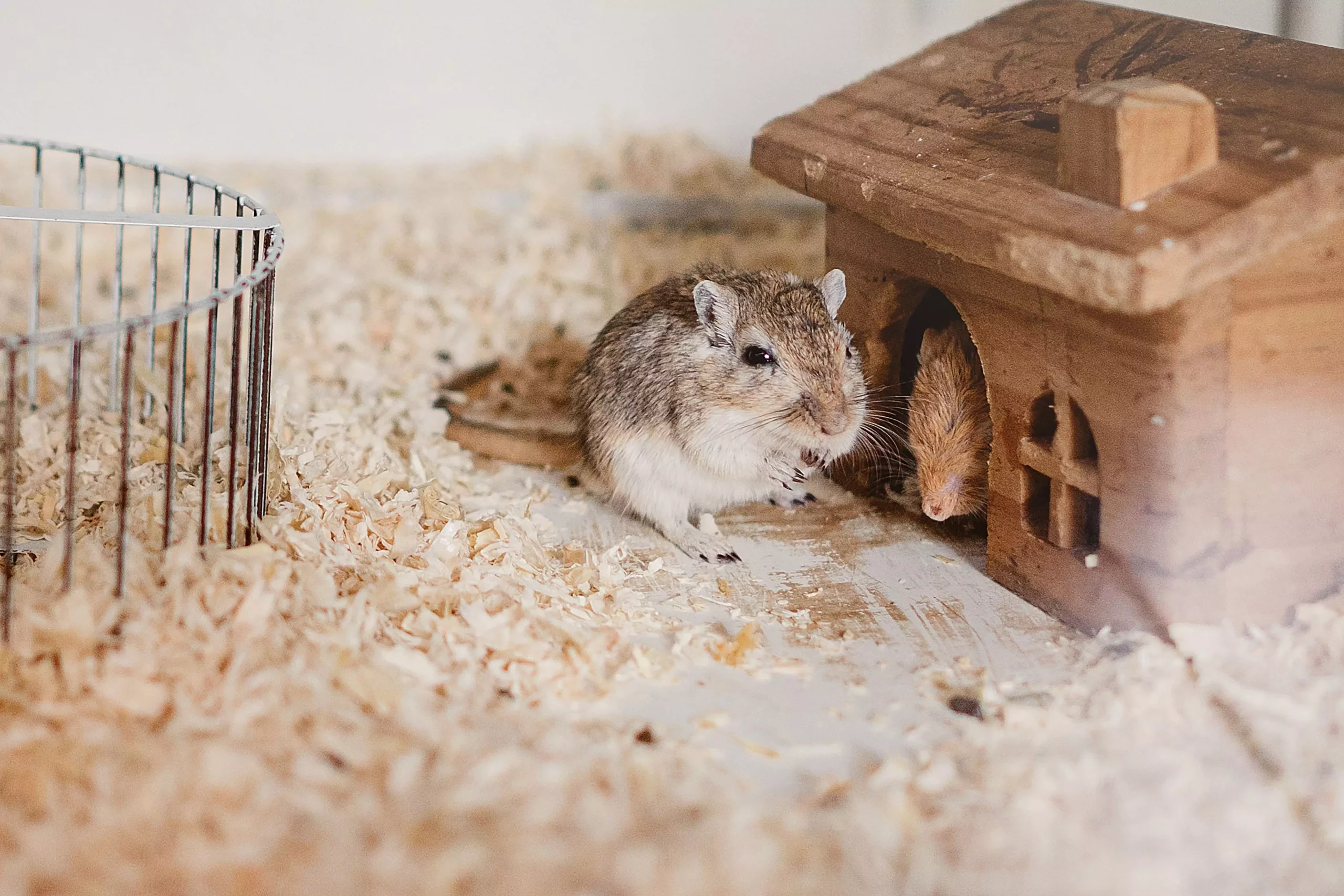As winter persists in various regions and spring slowly approaches, pet owners, especially those with small animals, must remain vigilant. Small pets such as rabbits, hamsters, birds, and reptiles have unique requirements that demand particular attention during the colder months. With temperatures frequently plummeting, it is crucial to ensure that these animals remain safe, warm, and comfortable in their homes. This article provides vital practices to protect your small pets from potential winter hazards.
Small pets are inherently more vulnerable to climate fluctuations compared to larger domesticated animals like cats and dogs. Dr. Crystal Matt, a specialist at the Avian and Exotic Animal Clinic, points out that pets such as rabbits and guinea pigs can become stressed in cold weather, leading to serious health concerns like gastrointestinal stasis. This disorder can be life-threatening if not addressed quickly. Hence, it is crucial to recognize the signs of stress and monitor your pet’s health diligently.
Routine wellness examinations become paramount during this season as underlying health issues can worsen in cold climates. Small pets are more sensitive to environmental changes, which makes preventive health care not just a luxury, but a necessity. It’s not uncommon for these animals to manifest signs of illness, which is why having access to a veterinarian is of the utmost importance.
As temperatures drop, pet owners must ensure they are well-prepared with appropriate heating methods. A suitable backup heat source can prevent critical situations, especially if there are unexpected power outages. Battery-operated heating sources can be lifesavers in these instances. Dr. Matt advises consulting with a veterinarian to determine which types of heat sources are safe, as certain animals, particularly birds, are susceptible to air quality issues.
Simple tools like air-activated hand warmers can provide extra warmth and comfort for small pets, particularly when placed carefully to avoid direct contact with skin. Other unconventional methods can also offer heat, such as a warmed potato or a hot water bottle; just ensure that there is a protective layer between the heat source and the pet.
Aside from maintaining warmth, pet owners should prepare for potential emergencies such as snowstorms or other extreme weather events. This includes having proper carriers on hand for safe transportation of pets. Should the need arise to evacuate or seek alternative accommodations for your pets, knowing where to find assistance is imperative.
Consider establishing a support network involving friends, neighbors, or local boarding facilities. A prearranged plan allows you to respond quickly during a crisis without the added stress of logistics. Dr. Matt highlights the importance of having someone check on your pets regularly, even if they need minimal care. Regular visits can help keep track of their health and well-being, particularly in extreme weather.
While supplemental heat is crucial during winter, pet owners must also remain cautious of overheating. Certain small pets like Chinchillas are prone to heat stress; hence, they should always have the option to move away from heat sources if they feel too warm. Striking a balance between warmth and comfort can prove challenging, yet it is necessary for their overall health.
Low humidity is another critical issue that can arise in winter months. Just as humans may suffer from dry skin, small pets can also experience discomfort due to decreased humidity levels. Many reptiles require higher humidity levels than standard room air, and prolonged exposure to inadequate humidity can lead to severe health complications. Hence, veterinary guidance on appropriate humidity levels for specific pets is essential.
Ultimately, no one knows your pet’s needs better than a veterinarian. Dr. Matt emphasizes the importance of consulting with a veterinary professional regarding the unique care requirements for your specific type of pet. They can address concerns about temperature, humidity, and overall health to ensure your pet thrives even during the harshest winter conditions.
Preparing for winter with small pets requires diligence, education, and sometimes, a bit of creativity. By taking proactive steps in their care, pet owners can cultivate a safe and nurturing environment for their beloved companions throughout the chilly months ahead. Remember, a little preparation goes a long way in ensuring the health and happiness of your small pets!


Leave a Reply